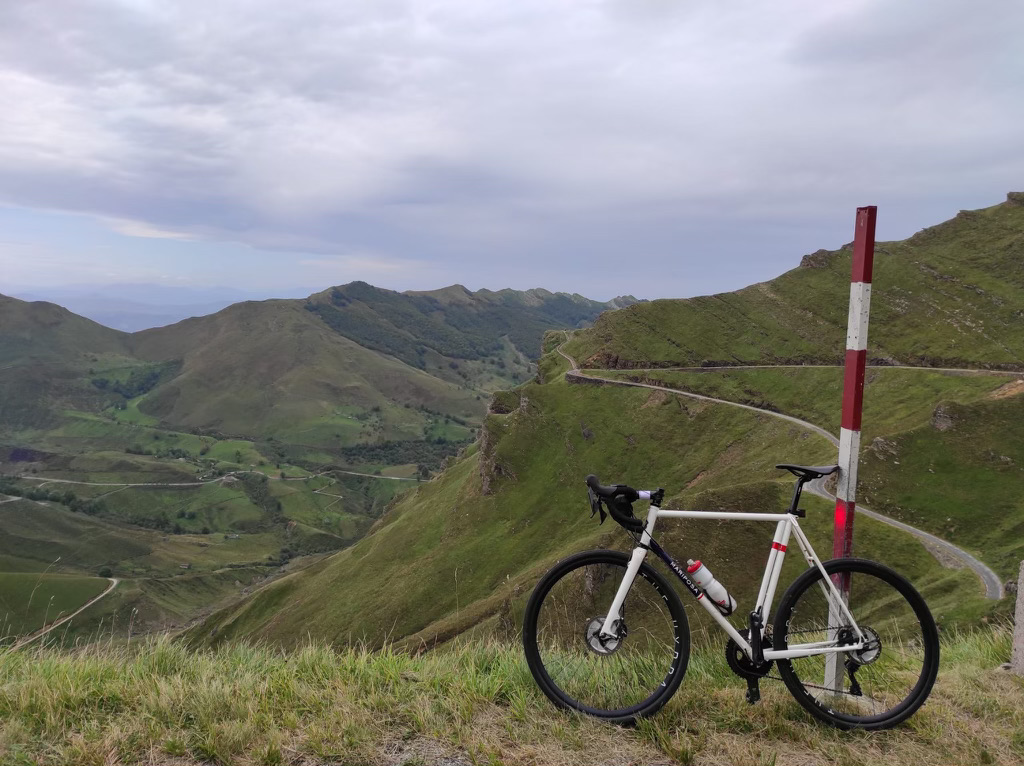A collection of stories, news and information that we thought you might find interesting and relevant.
- Trek, one of the world’s biggest bicycle brands, recently released its sustainability report for 2021. Remarkably, this appears to be the first time a major bike company has published such a document. While some other manufacturers make broad sustainability pledges or tout their success in reducing packaging waste, Trek’s report offers an ambitious array of concrete environmental commitments and a comprehensive analysis of the carbon footprint of its bikes. This fills in an important gap in data. But many companies in other sectors have been releasing such environmental impact assessments for years. Why is this the first time we are seeing such a report from a major bicycle company, especially given that cycling is so widely touted as green?
- Earlier this month, 18-year-old British tennis player Emma Raducanu won her first Grand Slam title. It was a shock; she entered the tournament with 400-to-1 odds. A sports writer for the Guardian, Sean Ingle, asked Raducanu’s former coach about the factors that helped her talent blossom. Here’s what the coach said: “From my perspective one of the best things with Emma is that she was exposed to a lot of sports from a young age, and didn’t go too specific into tennis straight away. I see that on court. When she’s learning a new skill, or trying something a little bit different, she has the ability and coordination to pick things up very quickly, even if it’s quite a big technical change.”
- Raducanu, like recent World Cycling Championship time trial bronze medallist, Remco Evenepoel, is an example another athlete that confirms thesis of a great book that we read last year on athlete development by David Epstein: Range: Why Generalists Triumph in a Specialized World. This book begins with an examination of athletic development, initially through the contrasting stories of Tiger Woods (at 2, he was on national TV showing off his swing), and Roger Federer, who had a far less famous, and far more Raducanu-esque upbringing. Both men reached the pinnacle of their respective fields. But while Tiger’s story is far more renowned, the Federer path turns out to be the typical one. Epstein goes on to plot data from a study of athletic development that found that future elites tended to spend less time early on (compared to lower-level peers) practicing in the sport in which they would become elite. Future elites tend to have a “sampling period,” where they engage in a variety of physical activities before focusing.
- Recently, three renowned sports scientists analyzed 20 years worth of studies on athletics development and published this paper: “What Makes a Champion? Early Multidisciplinary Practice, Not Early Specialization, Predicts World-Class Performance.
